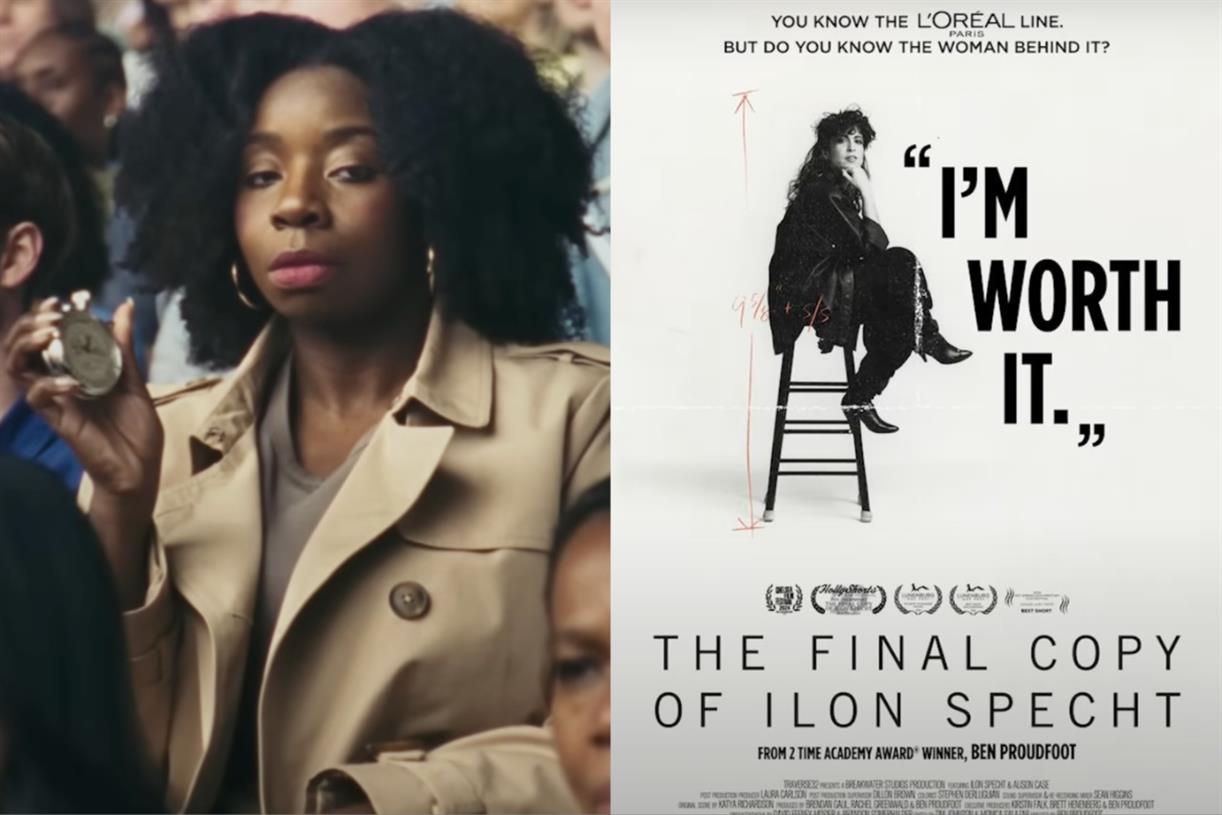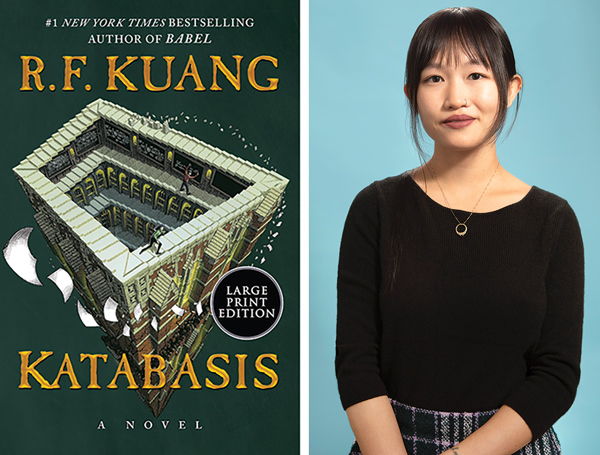DEEP BREATH
When the novel opens, Vera and her two small, unnamed daughters have already moved into her divorced father’s house, where her mother, Babika, visits frequently. Vera left her husband, Péter, after multiple incidents of verbal browbeating and physical violence that include locking her outside on the balcony and beating her on the head. Wanting her to return, Péter has reembraced Catholicism, an influence for all the characters, and pontificates on “the sanctity of marriage.” Vera is of several minds. She finds she still wants to please Péter but doesn’t trust his claim that he has changed. She also feels guilty about her affair with a childhood sweetheart; when her best (only?) friend, Andi, reminds her that Péter tried to strangle her, she answers “But I cheated.” Vera berates herself continually for her failures as a wife and, especially, a mother. Emotionally spiraling, she slips into a new, unhealthy relationship with a controlling actor, who draws her into his cocaine addiction. All along, she receives an enormous amount of support from those around her. Babika, Andi, marriage counselors, and Vera’s divorce lawyer all confirm that she is an abuse victim. The airless focus on Vera allows almost none of the other characters breathing room to develop. The exception is Babika, whose positivity and engagement with the world offer a sharp contrast to Vera’s dark self-absorption; when Babika invites Vera to a climate change protest, Vera announces, “I’m not interested in politics.” The larger implication—that Vera, a talented artist who’s sacrificed her ambition for marriage, has lost her voice—is spelled out when she reads The Little Mermaid to her daughters. The question is, can she recover it?


When the novel opens, Vera and her two small, unnamed daughters have already moved into her divorced father’s house, where her mother, Babika, visits frequently. Vera left her husband, Péter, after multiple incidents of verbal browbeating and physical violence that include locking her outside on the balcony and beating her on the head. Wanting her to return, Péter has reembraced Catholicism, an influence for all the characters, and pontificates on “the sanctity of marriage.” Vera is of several minds. She finds she still wants to please Péter but doesn’t trust his claim that he has changed. She also feels guilty about her affair with a childhood sweetheart; when her best (only?) friend, Andi, reminds her that Péter tried to strangle her, she answers “But I cheated.” Vera berates herself continually for her failures as a wife and, especially, a mother. Emotionally spiraling, she slips into a new, unhealthy relationship with a controlling actor, who draws her into his cocaine addiction. All along, she receives an enormous amount of support from those around her. Babika, Andi, marriage counselors, and Vera’s divorce lawyer all confirm that she is an abuse victim. The airless focus on Vera allows almost none of the other characters breathing room to develop. The exception is Babika, whose positivity and engagement with the world offer a sharp contrast to Vera’s dark self-absorption; when Babika invites Vera to a climate change protest, Vera announces, “I’m not interested in politics.” The larger implication—that Vera, a talented artist who’s sacrificed her ambition for marriage, has lost her voice—is spelled out when she reads The Little Mermaid to her daughters. The question is, can she recover it?

























![How To Drive More Conversions With Fewer Clicks [MozCon 2025 Speaker Series]](https://moz.com/images/blog/banners/Mozcon2025_SpeakerBlogHeader_1180x400_RebeccaJackson_London.png?auto=compress,format&fit=crop&dm=1750097440&s=282171eb79ac511caa72821d69580a6e#)

![Brand and SEO Sitting on a Tree: K-I-S-S-I-N-G [Mozcon 2025 Speaker Series]](https://moz.com/images/blog/banners/Mozcon2025_SpeakerBlogHeader_1180x400_LidiaInfante_London.png?auto=compress,format&fit=crop&dm=1749465874&s=56275e60eb1f4363767c42d318c4ef4a#)
























![The 11 Best Landing Page Builder Software Tools [2025]](https://www.growthmarketingpro.com/wp-content/uploads/2024/04/best-landing-page-software-hero-image-1024x618.png?#)






































![How to Create an SEO Forecast [Free Template Included] — Whiteboard Friday](https://moz.com/images/blog/banners/WBF-SEOForecasting-Blog_Header.png?auto=compress,format&fit=crop&dm=1694010279&s=318ed1d453ed4f230e8e4b50ecee5417#)
![How To Build AI Tools To Automate Your SEO Workflows [MozCon 2025 Speaker Series]](https://moz.com/images/blog/banners/Mozcon2025_SpeakerBlogHeader_1180x400_Andrew_London-1.png?auto=compress,format&fit=crop&dm=1749642474&s=7897686f91f4e22a1f5191ea07414026#)


























![Brand pitch guide for creators [deck and email templates]](https://blog.hootsuite.com/wp-content/uploads/2022/06/brand-pitch-template.png)



















![The Largest Communities on Reddit [Infographic]](https://imgproxy.divecdn.com/vfTS-YsC_ZrqM6F4tAXJgV6qj3gCHSsf2dvHufDbrrQ/g:ce/rs:fit:770:435/Z3M6Ly9kaXZlc2l0ZS1zdG9yYWdlL2RpdmVpbWFnZS9sYXJnZXN0X3JlZGRpdF9jb21tdW5pdGllczIucG5n.webp)





